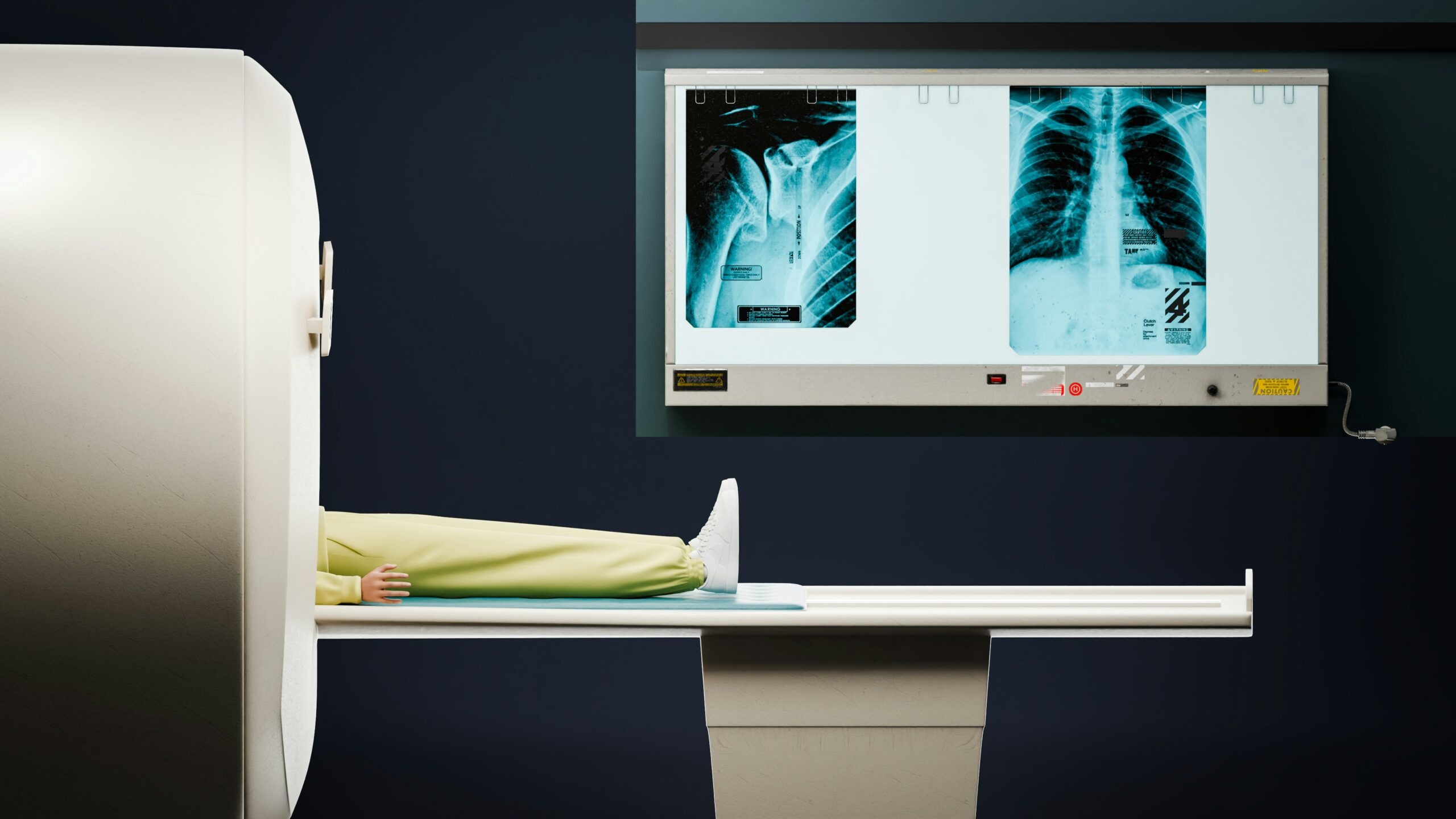
How Innovative Medical Technologies Are Shaping Modern Healthcare
Healthcare today faces increasing demands for efficiency, accuracy, and patient-centered care. Innovative medical technologies offer solutions that address these challenges. From diagnostics to treatment, these advancements improve both clinical outcomes and operational processes. Hospitals and clinics now integrate digital tools, robotics, and AI systems to streamline care delivery. These technologies not only enhance the patient experience but also reduce human error and operational costs.
Moreover, innovative medical technologies empower healthcare professionals to make more informed decisions. By leveraging real-time data and predictive analytics, clinicians can provide personalized treatment plans tailored to each patient’s needs. As a result, hospitals see fewer complications, faster recovery times, and higher patient satisfaction. The combination of advanced tools and expert care redefines what patients can expect from modern healthcare.
Artificial Intelligence: Driving Smarter Patient Care
Artificial intelligence (AI) has become a cornerstone in healthcare innovation. AI algorithms analyze vast amounts of medical data in seconds, identifying patterns that human eyes might miss. For example, AI can detect early signs of diseases such as cancer or heart conditions, often before symptoms appear. This proactive approach leads to earlier interventions, significantly improving patient outcomes.
Additionally, AI-powered systems assist in administrative tasks, including appointment scheduling, resource allocation, and insurance claims management. This reduces the burden on staff, allowing more time for direct patient care. Hospitals are increasingly relying on AI to predict patient needs, manage workflows, and optimize treatment plans, thereby making healthcare more efficient and precise.
Telemedicine: Expanding Access and Convenience
Telemedicine represents another transformative shift in healthcare delivery. Innovative medical technologies enable virtual consultations, remote monitoring, and digital diagnostics. Patients can now connect with healthcare providers from the comfort of their homes. This not only saves travel time but also improves access to care for individuals in rural or underserved areas.
Remote monitoring devices enable clinicians to track vital signs, medication adherence, and the progression of chronic diseases in real-time. Such technologies can reduce hospital readmissions and allow patients to manage their conditions more effectively. By integrating telemedicine into routine care, healthcare providers deliver continuous support while maintaining high-quality outcomes.
Robotics and Automation: Enhancing Surgical Precision
Robotic-assisted surgeries exemplify how medical technology innovations enhance clinical performance. These systems enable surgeons to perform complex procedures with greater precision, smaller incisions, and shorter recovery times. Patients benefit from less pain, minimal scarring, and faster rehabilitation.
Automation also extends to repetitive tasks in hospitals, such as laboratory testing, medication dispensing, and sterilization. Robotic systems reduce human error, increase efficiency, and free medical staff for more critical responsibilities. As hospitals adopt these technologies, they experience improved workflow and overall patient care quality.
Wearable Devices: Empowering Patients to Monitor Health
Wearable devices have transformed personal healthcare management. Smartwatches, fitness trackers, and medical-grade sensors continuously monitor heart rate, sleep patterns, glucose levels, and other vital signs. Patients gain real-time insights into their health and can share this information with clinicians for better-informed care decisions.
These devices encourage proactive health management and lifestyle changes. For chronic conditions such as diabetes or hypertension, continuous monitoring helps prevent complications. Integrating wearable technology into patient care enhances collaboration between patients and healthcare providers, ultimately leading to improved outcomes and higher patient satisfaction.
Data-Driven Insights: Improving Decision-Making in Healthcare
Big data analytics plays a crucial role in healthcare innovation. Innovative medical technologies collect and process enormous volumes of data, providing actionable insights for treatment planning and resource allocation. Predictive models forecast disease outbreaks, identify high-risk patients, and recommend preventive measures to mitigate the risk of disease transmission.
Healthcare organizations leverage these insights to optimize staffing, manage supply chains, and design more effective treatment protocols. By combining data-driven decision-making with clinical expertise, hospitals deliver smarter, faster, and safer patient care.
The Future of Healthcare: Continuous Innovation
The evolution of innovative medical technologies promises a brighter future for healthcare. Emerging solutions, including genomics, nanotechnology, and AI-driven diagnostics, will continue to improve patient outcomes and streamline operations. Healthcare providers must embrace these technologies to stay competitive and deliver high-quality care.
As technology advances, patients will experience more personalized, efficient, and accessible healthcare. Hospitals and clinics that integrate digital health tools, robotics, and AI into their workflows will set new standards for patient care. The ongoing adoption of innovative medical technologies ensures that healthcare remains responsive, effective, and patient-focused.